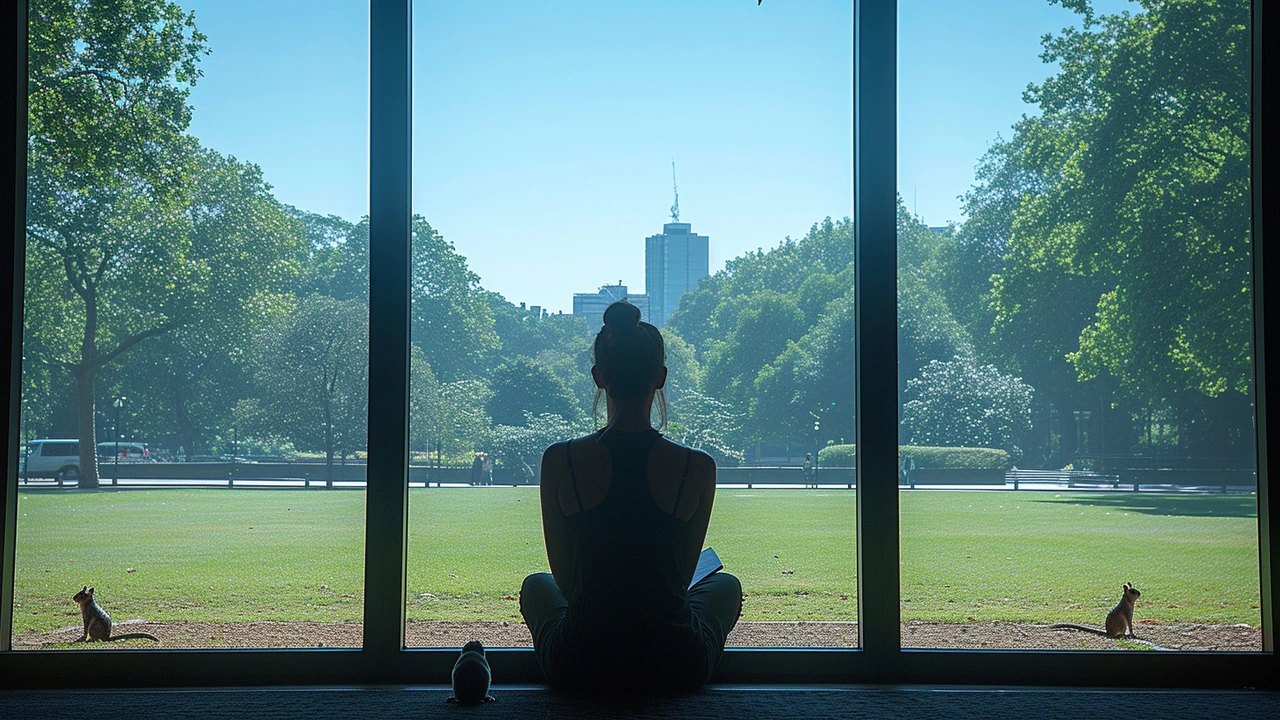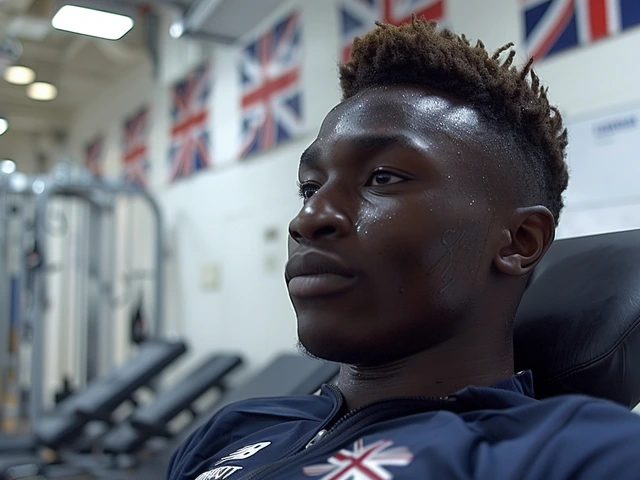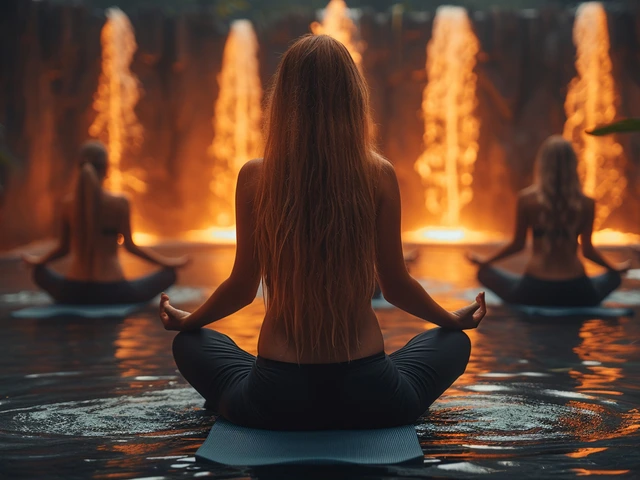Breaking Free from Anxiety: Simple Practices That Work
Feeling anxious often feels like being stuck on a treadmill—your mind races, your body tenses, and it’s hard to catch a break. You don’t need a big life overhaul to get relief. Small, focused steps each day can lower the intensity of anxiety and help you feel more in control.
Start with one clear habit. Try a 3-minute breathing routine: sit, breathe in for 4 counts, hold 2, breathe out for 6. Repeat five times. That longer exhale signals your nervous system to relax. Use this when you feel the first signs of worry—before it grows.
Practical daily moves that reduce anxiety
Grounding techniques work fast. Name five things you see, four you can touch, three you hear, two you smell, one you taste. This brings attention back to the present and breaks the worry loop. Do it in line at the store, at your desk, or before bed.
Move your body. A 20–30 minute walk, gentle yoga, or even simple stretches change brain chemistry and burn off nervous energy. If you’re short on time, try a 10-minute brisk walk between tasks—your mind resets and decisions get clearer.
Limit caffeine and sugar when anxiety spikes. These boost your heart rate and can mimic panic symptoms. Swap one coffee for green tea or water and notice the difference over a few days.
Mindset tools that actually help
Schedule a five-minute “worry slot” each day. When anxious thoughts pop up, jot them down and tell yourself you’ll address them during that slot. This trains your brain to postpone persistent worry and frees up mental space.
Use quick journaling: write what’s bothering you, then list one small action you can take. Action shrinks anxiety because it shifts you from thinking to doing. Even tiny steps matter—send one message, make one appointment, look up one fact.
Try short meditations or guided apps (see our roundup of mindfulness apps). Start with 5–10 minutes daily. Consistency matters more than time spent. A regular practice reduces reactivity so stress hits you less hard.
Don’t forget creative outlets. Drawing, playing music, or simple crafts let emotions come out without words. Creative arts therapies are proven ways to process fear and calm the mind when talking feels hard.
If anxiety affects your sleep, set a simple bedtime routine: dim lights, switch off screens 30 minutes before bed, and do a brief body-scan relaxation. Better sleep lowers baseline anxiety and makes coping easier.
Finally, know when to ask for help. If anxiety stops you from working, leaving the house, or sleeping, a mental health professional can offer structured support—therapy, skills training, or medication when needed. You don’t have to do it alone.
Want focused articles? Check our guides on mindfulness, relaxation techniques, meditation, creative arts therapies, and health anxiety for practical steps and real-life examples to help you break free from anxiety.
Overcoming Health Anxiety: A Journey to Well-Being and Peace of Mind
Hey everyone, it's your friend here, sharing my personal journey on how I'm fighting to break free from the powerful hold of health anxiety. You know, it's that relentless worry about your health that just doesn't let go, even when you're doing alright. I've been on this tough path, trying out different strategies and methods to regain control over my thoughts and my life. I'm telling you, it's been quite the ride! And now, I really want to open up and talk about the insights and the breakthroughs I've had, hoping it could light the way for others who are struggling too. Let's tackle this together, and I promise, we'll get to a place where our health concerns stop controlling us!
View More





